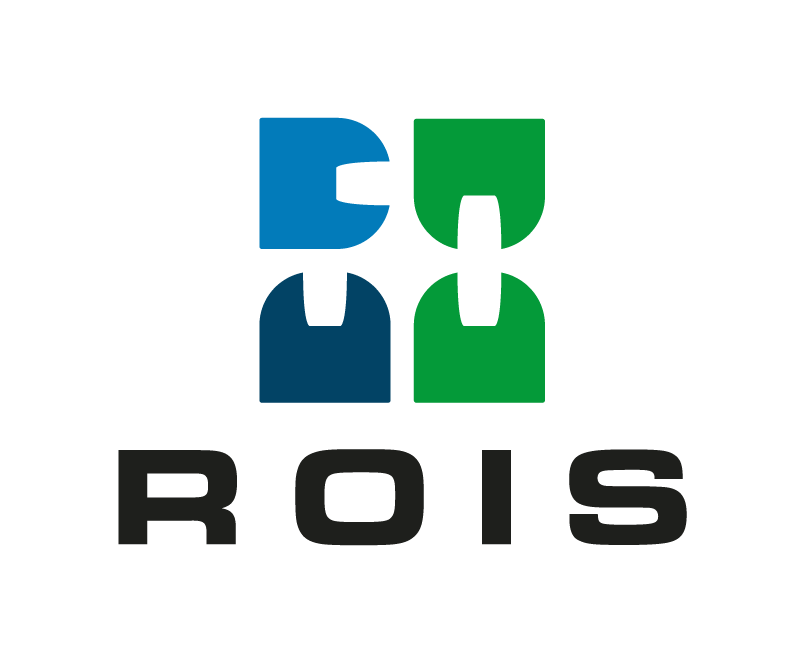Dive Brief:
- Amgen’s cholesterol-lowering shot Repatha met its main goals in a large trial evaluating use as a “primary prevention” therapy, besting a placebo at reducing the risk of cardiovascular events or death in people who’d never had a heart attack or stroke, the company said Thursday.
- Repatha, a so-called PCSK9 inhibitor, is currently available as a “secondary prevention” therapy for those with a history of heart disease and at high risk of experiencing another. Though it’s sometimes also used “off-label” in the much larger primary prevention setting, an approval backed by the latest study results — which Amgen referred to as a “landmark” finding — could substantially widen use.
- Once forecast to achieve tens of billions of dollars in annual sales, Repatha has fallen short of those lofty projections amid pushback from insurers and a modest benefit in those with established heart disease. Still, sales surpassed the $1 billion mark in 2021 and have grown since. The Food and Drug Administration also recently expanded use in those at higher risk of major cardiovascular events.
Dive Insight:
Though it hasn’t become the massive seller analysts once envisioned, Repatha has still become one of Amgen’s most lucrative products, recording $2.2 billion in revenue in 2024.
However, like some of Amgen’s other top medicines — the bone-building franchise of Xgeva and Prolia and the rheumatoid arthritis drug Enbrel — Repatha is fast-approaching the end of its patent-protected life. The drug could see biosimilar competition in 2030 and, a year earlier, pricing constraints from Medicare that could further limit its upside.
The study result revealed Thursday might boost sales beforehand, though, if Amgen can quickly turn them into a regulatory approval.
The trial, Vesalius-CV, enrolled 12,000 people with atherosclerosis or diabetes and elevated cholesterol, and randomized them to take Repatha or a placebo. All enrollees were allowed to stay on background cholesterol-lowering therapy. The trial was scheduled to last until a certain number of study volunteers had a heart attack, stroke, or died of coronary heart disease. Patients were followed for a median of about four and a half years.
Amgen only said that Repatha was associated with “statistically and clinically significant” results on both main study objectives, leaving the magnitude of the benefits observed unclear. Specific details will be released at the American Heart Association meeting on Nov. 8 in New Orleans and published in a medical journal.
Repatha could also soon face competition from an oral PCSK9 blocker developed by Merck & Co. and that succeeded in clinical testing earlier this year. Unlike Repatha, which is injected every two weeks, that drug is a daily pill, although the need to fast after taking it could impact use.














